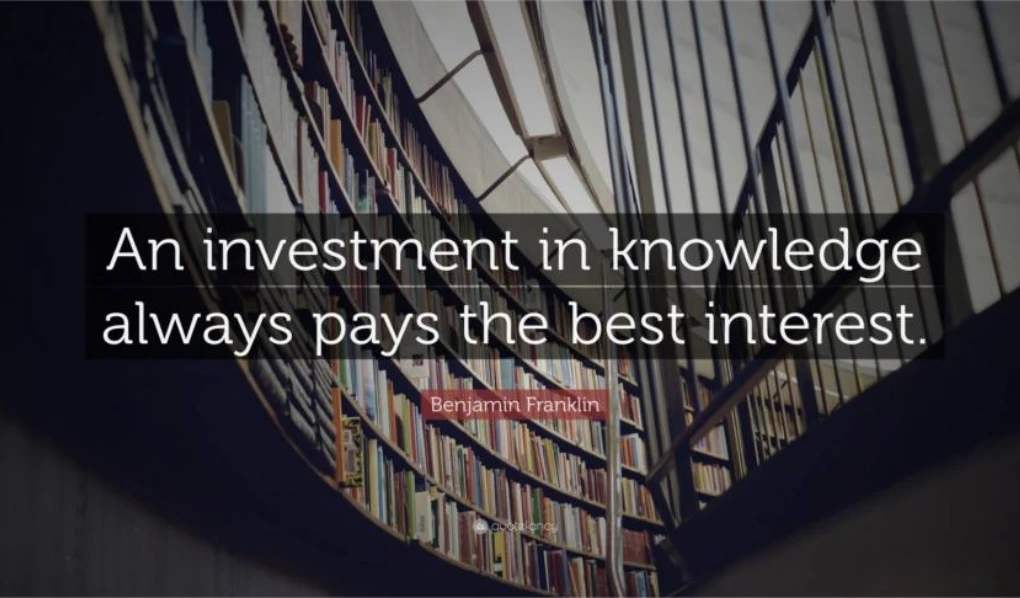Going into a job interview can be a nerve-wracking experience for anyone; the key is not to panic. While it may seem obvious, often it’s hard to not feel stressed when meeting potential employers.
Getting an interview is an achievement in itself, but it’s best to keep your champagne bottle corked for now. With university graduation rates rising, the job market is as competitive as it’s ever been.
Employers are spoilt for choice so it’s up to you to differentiate yourself from the rest of the pack!
We’ve collected some tips to get you interview-ready.

Practice and preparation
Practice and preparation are arguably the most important steps when going for an interview. By showing an interviewer you have put in the preparation, you show them that you are passionate about the role, and it will help you to feel more confident when answering their questions.
Reading through the position description (PD) will give you an understanding of the skills, attributes, knowledge and key selection criteria required for the position. It’s important to go through each section of the PD, write down how your skills and experience match what’s required, and note examples you have to demonstrate each of these. This will enable you to draw upon your most relevant personal experiences when responding to the interviewer’s prompts
To help gain the most out of the answers you provide, SEEK have gathered the top 10 most asked interview questions and how best to answer them.
Research the company
Demonstrate your interest in the company by conducting prior research. During any job interview, the interviewer may ask the question, ‘What do you know about us?’ and is often used to gauge how much research you have conducted and how well you have conducted it. Having knowledge of the organisation’s history and culture will form easy talking points.
First impressions never fade
Research shows that employers take around 385 seconds (six minutes and 40 seconds) to decide if you’re right for the role, so it’s critical that you nail the initial introduction. Before you’ve even opened your mouth, your appearance, attire and manner have already been scrutinised. These elements are as important as the work you’ve put in to get there.
Dress codes can be ambiguous but it’s always better to dress on the formal side. Give a firm handshake and establish eye contact to communicate confidence.

Better early than late
Punctuality is important and there is nothing more stressful then running late for an interview so plan your route and allow extra time. Arriving five to 10 minutes early shows you are organised and allows time to visit the restroom or calm your nerves.
Know your weaknesses, not just your strengths
Employers want to know what you do and don’t do well. Consider both carefully and come up with strategies that you plan to (or ideally, already have) implemented to address your weaknesses. This will show maturity and a commitment to self-development.
Build a rapport with the interviewer
Employers tend to hire candidates they have built a connection with and will fit with the company’s culture. While the interview time may be short, it is best to try establishing a connection with the interviewers, learning their names and using them during the interview.
Don’t be afraid to ask the interviewers questions about themselves. Making small talk will help you and the interviewer relax and help them warm to you.
Follow-up
It’s always best practice to follow up with a thank you after the interview while you’re still fresh in their minds. It will give you the opportunity to include any information that you may forgotten during the interview and will show you have genuine interest in the job.
Don’t fear rejection
Interviewing takes practice. You might not nail it straight away, but you’ll be better for each experience. If you are unsuccessful, follow up with the HR department for feedback. Most organisations are happy to provide it and you should pick something up for next time.
If you’re a current Swinburne Online student or recent graduate, you have access to a range of career development services via Careers and Employability.
With the help of these tips, you will be well prepared for your next job interview. For more career tips, head over to our Study Online support page.
Publish date: 11 Jul 2022
*Please note that fees and/or statistics are subject to change each year.




